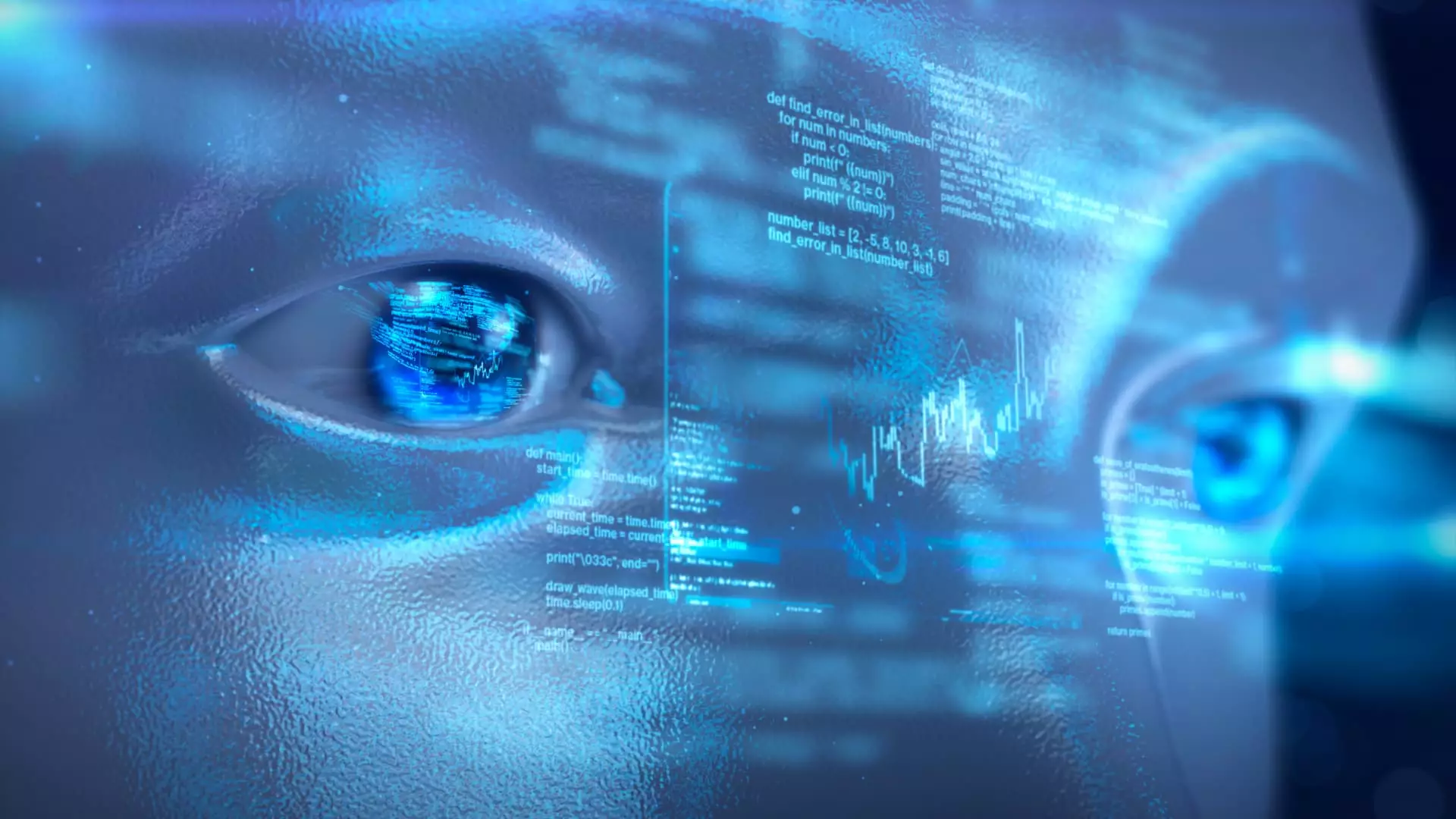The world finds itself on the brink of an artificial intelligence (AI) revolution, projected to yield market value up to $4.8 trillion by 2033. This monumental growth mirrors the size of Germany’s economy, which could suggest a transformative impact on productivity and digital landscapes globally. However, behind these optimistic numbers lurks a troubling reality: the benefits of AI are far from evenly distributed. The United Nations Conference on Trade and Development (UNCTAD) has shed light on this disparity, calling attention to the concentration of economic gains in the hands of a few.
According to the UNCTAD report released recently, the high concentration of AI advancements has implications that extend beyond mere economic metrics. The technology’s trajectory threatens to exacerbate existing inequalities, particularly in labor markets. A staggering 40% of jobs worldwide are projected to be influenced by automation, raising legitimate concerns over unemployment and the declining relevance of low-cost labor in developing nations. This presents a paradox—while AI could amplify productivity, it may simultaneously lock out vast swathes of the workforce from these benefits.
The Corporate Imperative and Global Disparities
A significant portion of AI development and corporate research—around 40%—is concentrated among just a hundred firms, predominantly located in the United States and China. A mere handful of tech giants, including Apple and Microsoft, have amassed valuations that overshadow entire national economies, such as those found in Africa. This military-like hold on AI innovation underscores the widening technological rift between developed and developing nations and raises essential questions about equitable economic participation on a global scale.
The potential for nations in the Global South to lag behind is not just a hypothetical concern—it’s a looming crisis. With 118 countries notably absent from crucial AI governance dialogues, the threat of being sidelined in major technological advancements becomes poignant. The imbalance in corporate power and research funding not only endangers local businesses and talent but also stifles culturally relevant technological evolution.
Reimagining Job Roles in the AI Era
Despite the evident threats posed by AI, the narrative isn’t solely one of obliteration and displacement. There lies a flicker of hope within the UNCTAD findings that suggest opportunities for new industries to emerge, fostering the potential for job creation rather than just replacement. The key to unlocking this potential, however, lies in large-scale investment in reskilling and upskilling. This is where nations underrepresented in the tech conversation must vigorously advocate for their inclusion in regulatory frameworks and AI governance.
These nations must not only aim for representation at leadership tables but also push for actionable measures such as establishing AI public disclosure mechanisms, sharing AI infrastructure, and promoting open-source initiatives. By democratizing access to technological resources and expertise, developing nations can harness AI not just as a tool for automation but as a catalyst for social and economic upliftment.
While the future of AI is fraught with challenges and inequities, it also presents an unparalleled opportunity for innovation and growth. For the benefits of AI to be felt broadly across societies, there must be concerted efforts towards inclusive governance and educational initiatives designed to uplift those often left in the shadows of technological advancement. The path ahead demands not just acknowledgment, but actionable moves toward a collaborative future where AI serves as a bridge rather than a barrier.


Leave a Reply